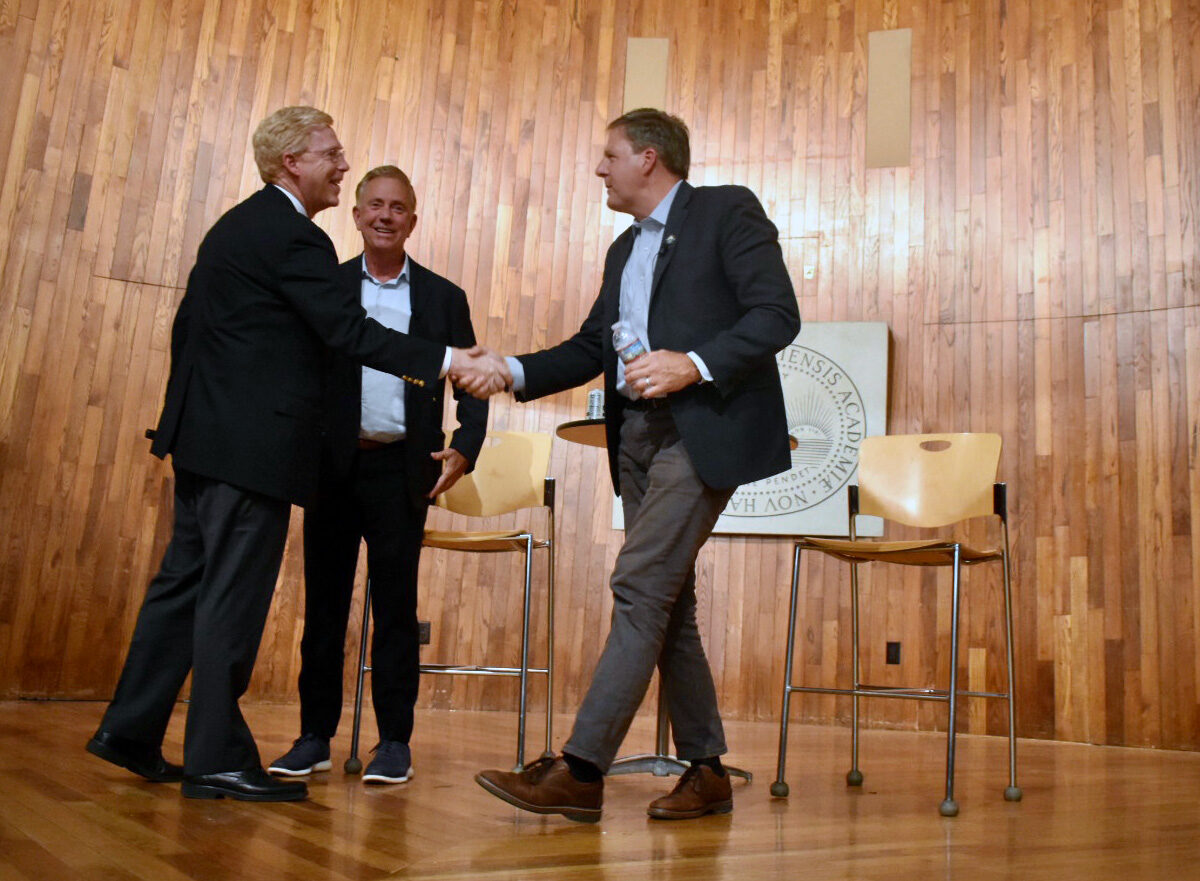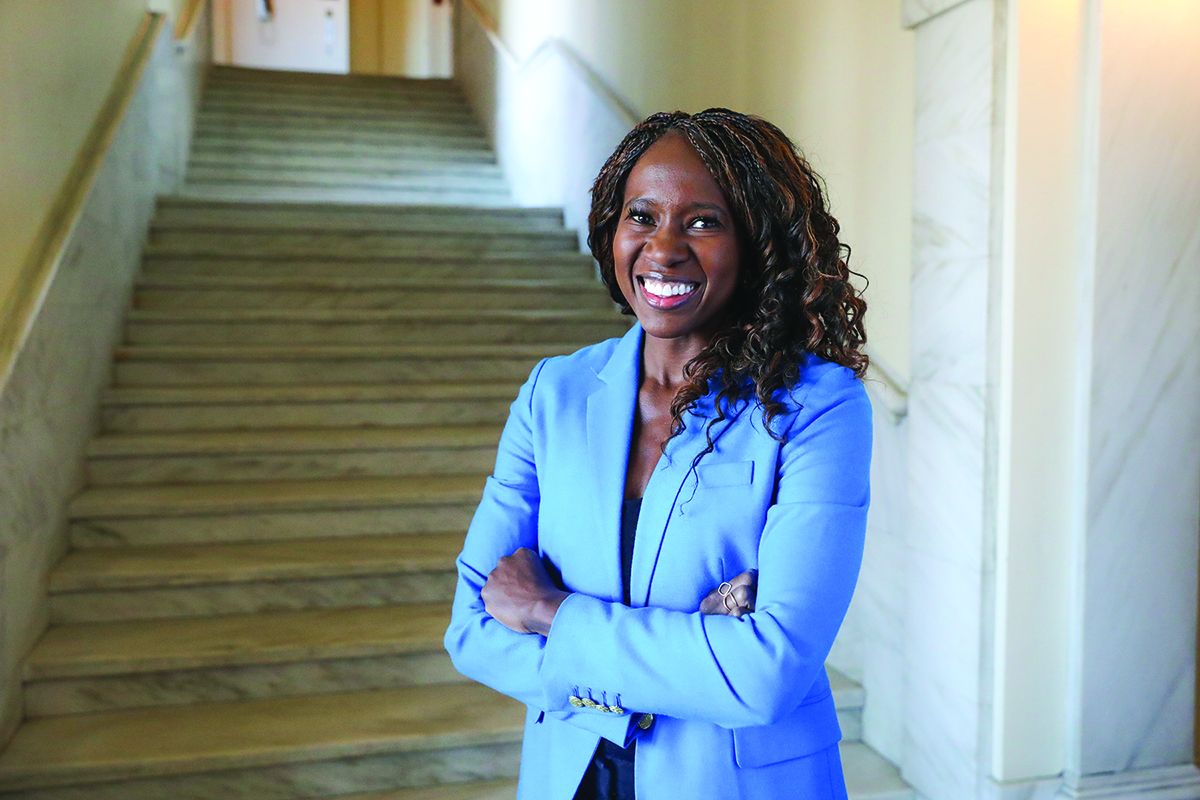Mapping the mosquito genome

Malaria killed an estimated 608,000 people worldwide in 2022 and sickened some 249 million more. With globalization and climate change — and the presence of potentially disease-carrying mosquitoes — malaria may even make a comeback in North America, where it was considered eradicated in 1951.
Now Exeter students have joined research efforts aimed at fighting the global spread of malaria, which has no cure. In a new biology course developed by Science Instructors Shimaa Ghazal and Anne Rankin ’92, and taught by Ghazal, students succeeded in mapping a full genome sequence for a strain of the mosquito species Anopheles gambiae, a leading host for the parasite that causes malaria. The results of their efforts were published in GenBank, the National Institutes of Health’s annotated database of publicly available DNA sequences.
To carry out this real-world research, Ghazal, who has a doctorate in microbial genetics, and her students collaborated with laboratories run by Dr. Seung Kim ’81 at Stanford and Dr. Michael Povelones at the University of Pennsylvania School of Veterinary Medicine. Called PEA_Agam_2022 (short for Phillips Exeter Academy, Anopheles gambiae, winter 2022), the newly mapped genome is one of only seven for Anopheles gambiae that are published in GenBank and the first to be published by a high school. By studying the different strains of Anopheles gambiae and pinpointing genetic material that makes the mosquitoes better or worse at carrying the disease, scientists hope to develop more effective insecticides and — one day — breed mosquitoes that are resistant to carrying malaria.
In addition to the complex “wet lab” work involved in preparing the snippets of mosquito DNA for sequencing, students read and discussed journalist Sonia Shah’s book The Fever: How Malaria Has Ruled Humankind for 500,000 Years. “We wanted to put the disease into a broader context, and broaden the students’ understanding,” Rankin says. “We sequenced a genome, but we did not just sequence a genome. We learned a lot about the context of malaria in different parts of the world, and the way it has influenced human history.”
The “malaria course,” offered in the winter term 2022, will return this spring as BIO650: Exploring Bioinformatics and Next-Generation Sequencing. Building on the model of Exeter’s popular “fruit fly course,” part of a collaboration with Kim’s lab at Stanford since 2012, BIO650 will also introduce students to the growing interdisciplinary field of bioinformatics, which applies computer technology to understand biological data and information.






